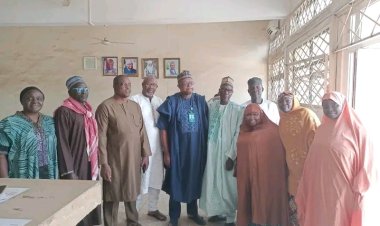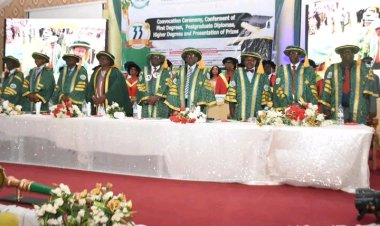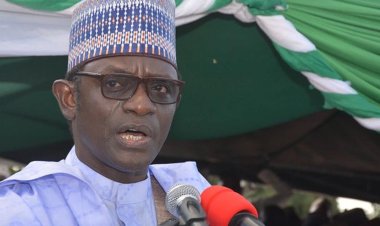Experts at NOUN Lecture Say Legislation Alone Won’t Stop Spread of Fake News and Hate Speech Among Youth
Onumah pointed to the example of the Twitter ban in Nigeria, where youth circumvented the restriction using VPNs, highlighting the pervasiveness of misinformation.
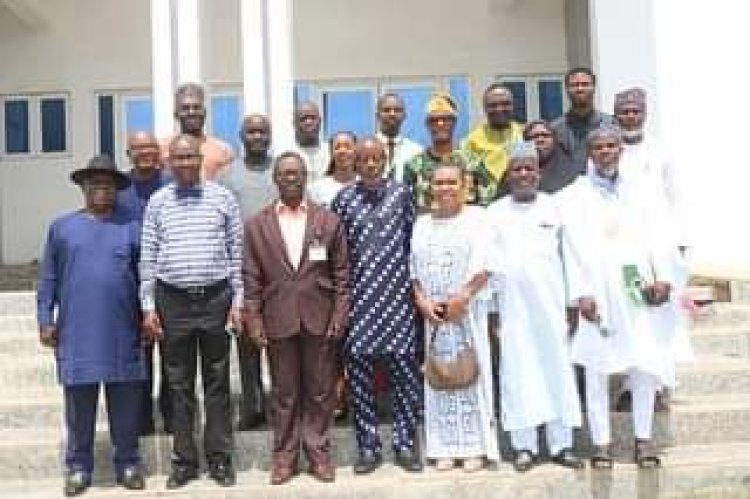
Experts in media and information literacy have advised the Federal Government to prioritize cultivating a media-literate society over enacting legislation to combat misinformation and hate speech among the youth.
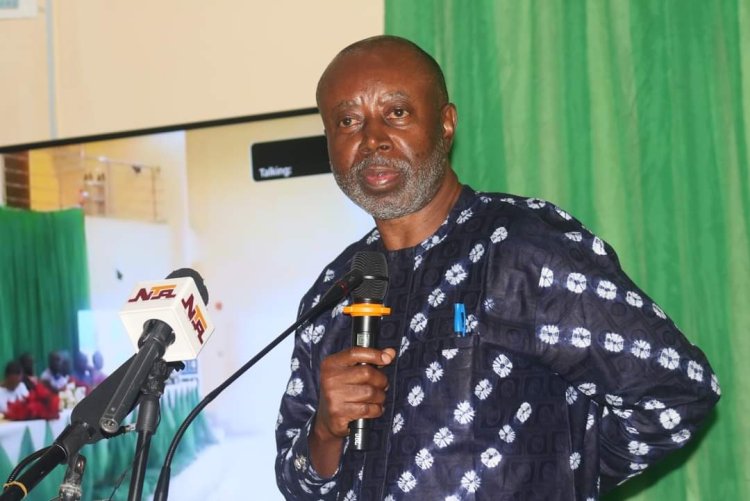
During a one-day public lecture on July 30, 2024, organized by the International Media and Information Institute (IMILI), the Federal Ministry of Information, the Media and Information Literacy and Intercultural Dialogue Foundation (MILID), and the National Open University of Nigeria (NOUN), specialists highlighted that a multi-faceted approach, including minimal legislation, is essential for creating a well-informed society.
Dr. Chido Onumah of MILID and Professor Chidinma Onwubere from NOUN's Department of Mass Communication presented on "Cultivating Media Literacy Society: A Value-driven Approach to Addressing Mis/Disinformation among the Youth" at the NOUN headquarters in Abuja.
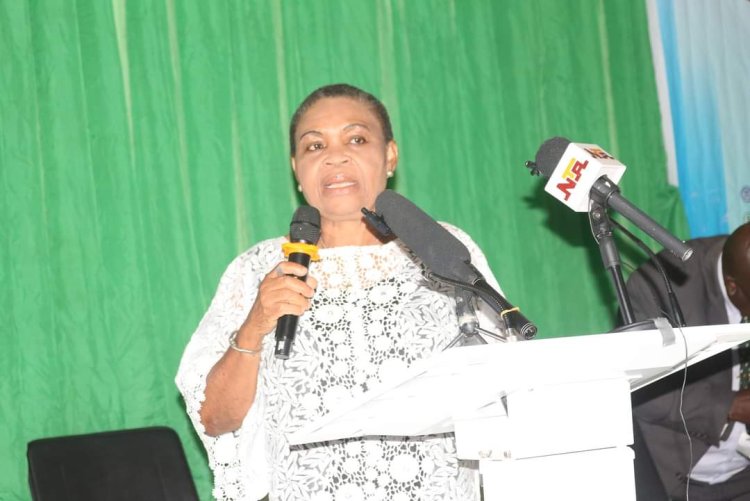
Onumah challenged the notion that focusing solely on the youth will address the problem, noting that misinformation affects all age groups. He emphasized that education and knowledge sharing, rather than legislation, are crucial for combating fake news and hate speech. Onumah pointed to the example of the Twitter ban in Nigeria, where youth circumvented the restriction using VPNs, highlighting the pervasiveness of misinformation.
Professor Onwubere explained the differences between misinformation, disinformation, and malinformation. She discussed the unintentional nature of misinformation versus the deliberate spread of disinformation and the malicious intent behind malinformation. Onwubere also addressed the digital access gap between genders in Nigeria, despite increasing internet penetration.
Professor Olufemi Peters, Vice-Chancellor of NOUN, praised the relevance of the lecture and emphasized the importance of media literacy as a critical skill in the digital age. Represented by Professor Gregory Okagbare, Peters stressed the need for individuals to engage in media literacy to counter the spread of misinformation.
Dr. Lateef Adelakun, Head of NOUN's Department of Mass Communication, highlighted the department's adaptation to global trends through Massive Open Online Courses (MOOCs) and encouraged individuals to enhance their media literacy by participating in NOUN’s programs.

